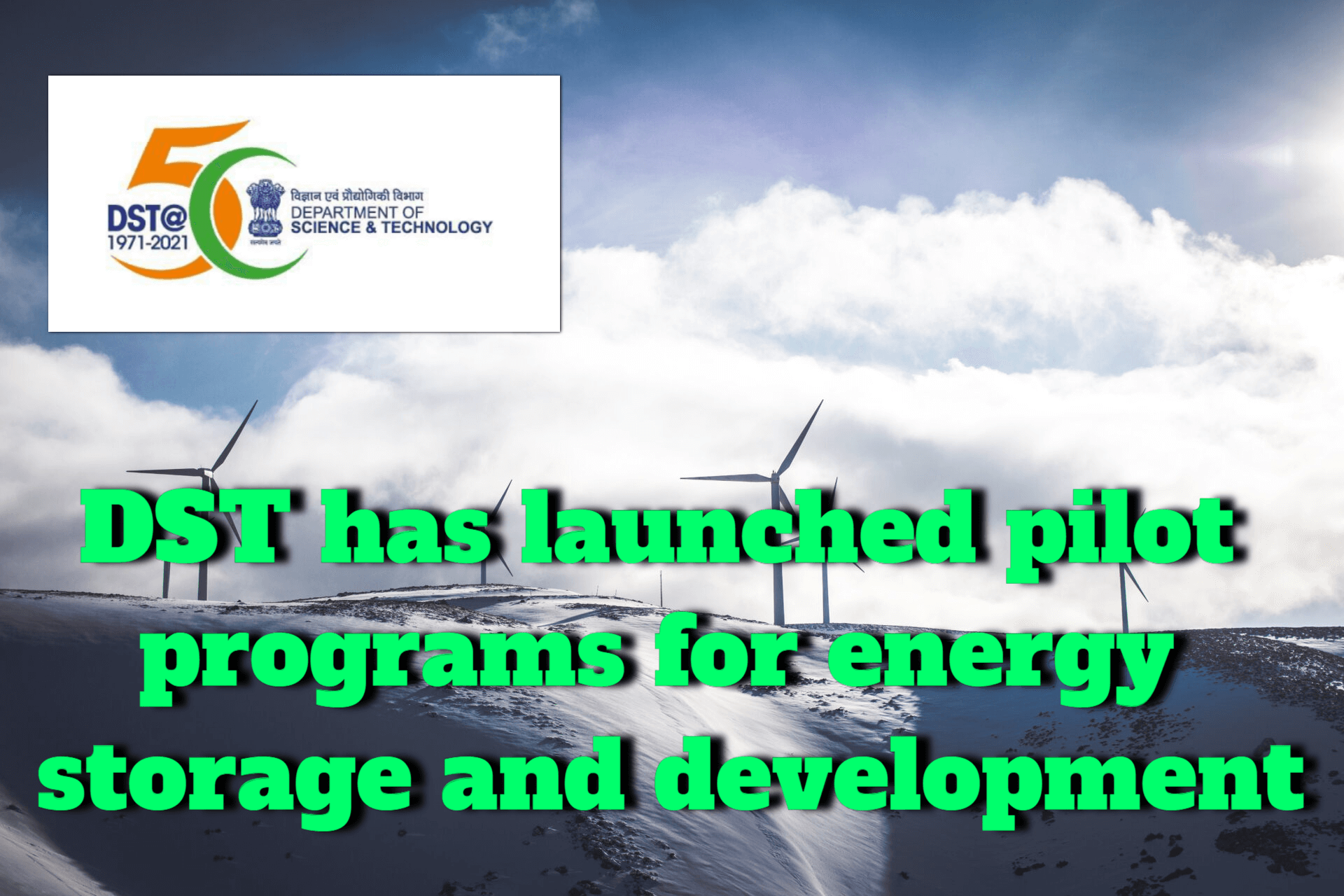DST Secretary Renu Swarup initiated a materials for energy storage (MES) program that resulted in 14 successful projects. Pilot plant or application demonstration is scheduled in the future months for the projects.
Key Highlight:
- Department of Science and Technology has started a series of scientific advancements in energy storage that are projected to reach pilot plant or application demonstration levels in the coming months.
- 14 successful initiatives under Renu Swarup’s MES (Materials for Energy Storage) program.
- 77 projects have received funding under this program, spanning three major categories: batteries, supercapacitors, and Thermoelectric Thermal Energy Storage.
According to a press release, the Department of Science and Technology has started a series of scientific advancements in energy storage that are projected to reach pilot plant or application demonstration levels in the coming months.
In the near future, academics, stakeholders, and the general public will be able to learn about the 14 successful initiatives under Renu Swarup’s MES (Materials for Energy Storage) program, which Secretary DST launched, and they can be scaled up according to national needs and priorities, it noted.
The Clean Energy Research Initiative (CERI) of the Department of Science and Technology (DST) has launched a research and technology program on energy materials, and these advancements are the product of that program.
The search for new materials spans the full spectrum of energy technology, from energy production and storage through delivery and final application. Advances in batteries and solar cells, as well as low- and no-temperature storage and carbon dioxide conversion catalysts are all built on this basis.
One of the most important building blocks in the global shift to a low-carbon future is the development of novel materials like these.
It takes 10 to 20 years and costs a lot of money to synthesize each new molecule after it is discovered.
In the meantime, new discoveries in this area suggest the possibility of a paradigm shift, which might shorten the time it takes to design, optimize, and find novel materials in half or even down to only a few months.
This dramatic transition can be accelerated with the help of the Materials for Energy Storage (MES) initiative, which funds research and development into new energy storage materials and technologies with increased output for many purposes.
So far, 77 projects have received funding under this program, spanning three major categories: batteries, supercapacitors, and Thermoelectric Thermal Energy Storage. It was noted that all of these initiatives are currently in various phases of implementation.





